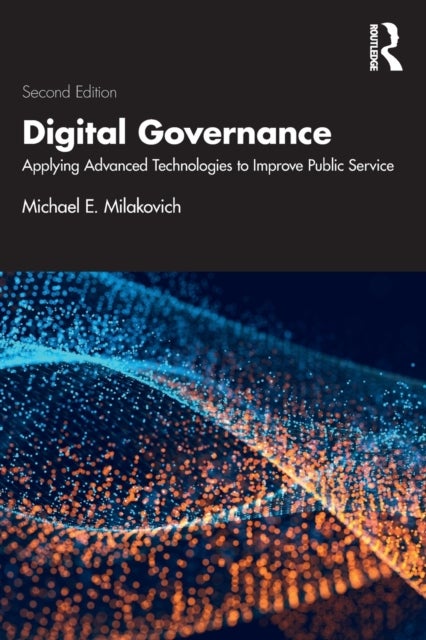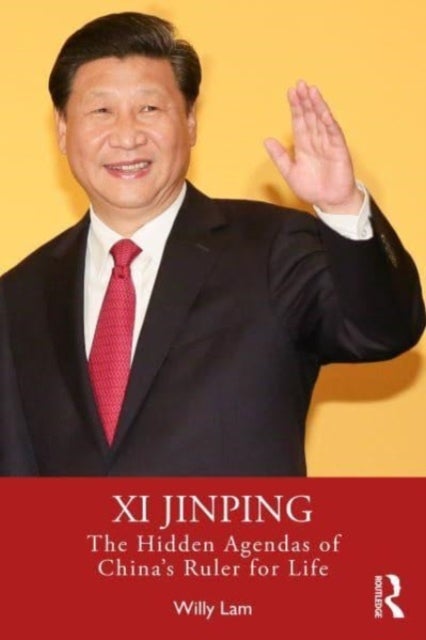
Digital Governance av Michael E. (University of Miami Coral Gables Florida USA) Milakovich
479,-
<P>The application of digital information and communication technologies (ICTs) to reform governmental structures and public service is widely and perhaps naively viewed as the 21st century "savior", the enlightened way to reinvigorate democracy, reduce costs, and improve the quality of public services. </P><P>This book examines the transition from e-government to digital governance in light of the financial exigencies and political controversies facing many governments. The chapters concentrate on strategies for public sector organizational transformation and policies for improved and measurable government performance in the current contentious political environment. This fully updated second edition of <I>Digital Governance</I> provides strategies for public officials to apply advanced technologies, manage remote workforces, measure performance, and improve service delivery in current crisis-driven administrative and political environments. The full implementation of advanced digital








